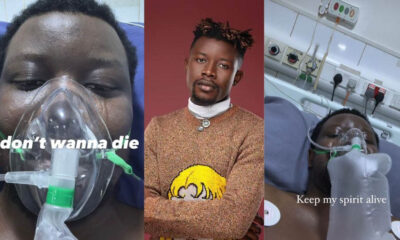Health
ABU Teaching Hospital will begin kidney transplant in 2025 – CMD
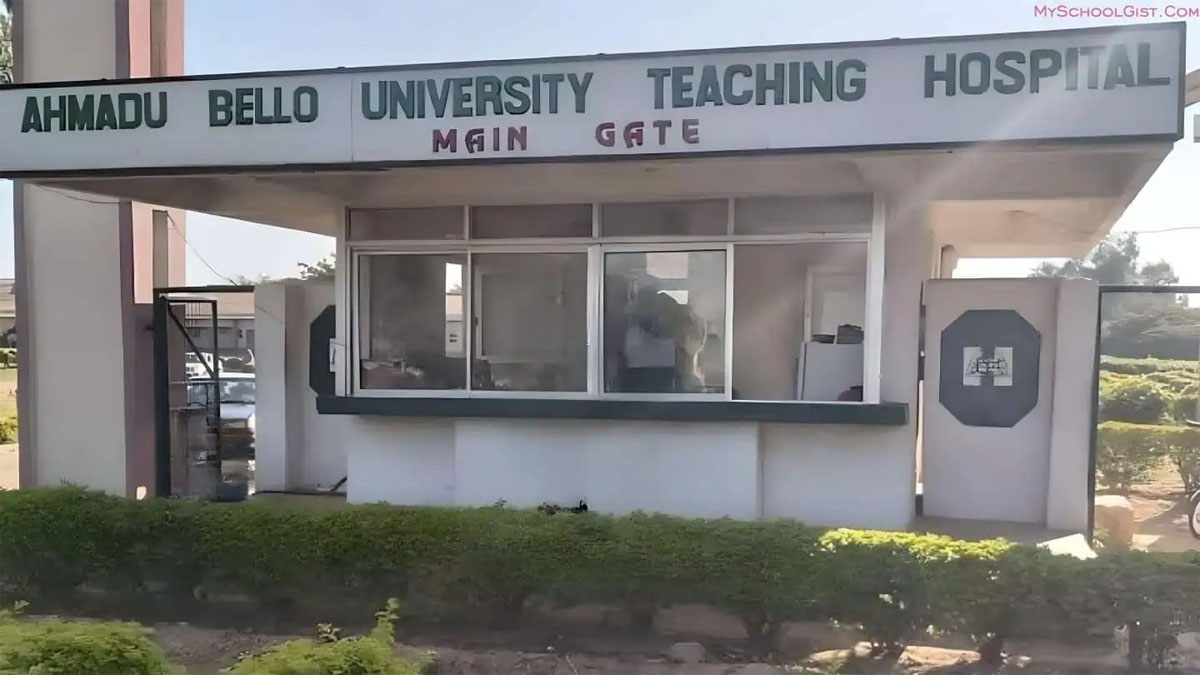
ABU Teaching Hospital will begin kidney transplant in 2025 – CMD
The Ahmadu Bello University Teaching Hospital (ABUTH) Zaria is set to begin kidney transplant surgeries in 2025, aiming to provide relief to patients with kidney failure and reduce medical tourism.
Prof. Ahmed Umdagas, the hospital’s Chief Medical Director, revealed this in an interview with the News Agency of Nigeria (NAN) on Sunday in Zaria.
He announced that the Urology Centre of Excellence, which will deliver advanced urology services, is expected to be operational by the first quarter of 2025.
“By the first quarter of 2025, ABUTH would commence kidney transplant. What was just holding us was a few infrastructure,” Umdagas said.
He added that most of the required machines and equipment are already in place, and personnel have been adequately trained to deliver the services.
Umdagas stated that the Urology Centre of Excellence at ABUTH would be ready by the first quarter of 2025 to deliver high-quality urology services.
“By the first quarter of 2025, ABUTH will commence kidney transplants. What has been holding us back is a few infrastructure upgrades,” he said.
READ ALSO:
- Nigeria gets World Bank $1.5bn loan
- S’Korea orders probe after deadly plane crash
- Oldest ex-US President Jimmy Carter dies at 100
He added, “Besides that, most of the machines and equipment required for kidney transplants are available, and our personnel have been adequately trained to provide the services.”
Amenity wing for enhanced patient care
Umdagas also revealed plans for an Amenity Wing, designed to accommodate patients from all classes.
According to him, the Amenity Wing will feature a single-bedroom and a room-and-parlor option for affluent patients, emphasizing that ABUTH is committed to offering world-class services.
“The Amenity Wing will have a dedicated line and a website,” Umdagas explained. “The website will showcase the profiles of doctors in the hospital. When a patient wants to see a specific professor or specialist, they will simply need to use the dedicated line or the website to book an appointment seamlessly.”
Cutting costs for imaging services
Similarly, the Chief Medical Director (CMD) also disclosed that a contract has been awarded for the procurement of linear machines to enhance cancer care at the facility.
Speaking on additional efforts to curb medical tourism, the CMD highlighted that ABUTH boasts a fully functional 128 Slice CT Scan machine.
He explained, “If you undergo an investigation abroad requiring the 128 Slice CT Scan, it costs no less than $200, which is over N300,000. Meanwhile, ABUTH charges just N30,000 for the same service.”
Advanced imaging and lithotripsy services
The CMD noted that many patients now come to ABUTH for scans, take the results abroad, and continue their treatments there.
“We also have 1.5 Tesla MRI and 0.2 Tesla MRI machines, which are advanced imaging technologies. These machines are fully functional, and the cost for such services at ABUTH is significantly lower than what is charged elsewhere in Nigeria.” , He said.
He added, “We also perform lithotripsy at ABUTH, which involves breaking stones using lasers instead of surgery.”
IVF milestones and future plans
Umdagas further shared that the hospital had celebrated over five successful IVF cases in collaboration with its partners.
He revealed plans to establish a dedicated unit for IVF services in future budgets, ensuring all necessary equipment is housed in one facility.
ABU Teaching Hospital will begin kidney transplant in 2025 – CMD
Health
Surgeon contracts cancer after operating on patient
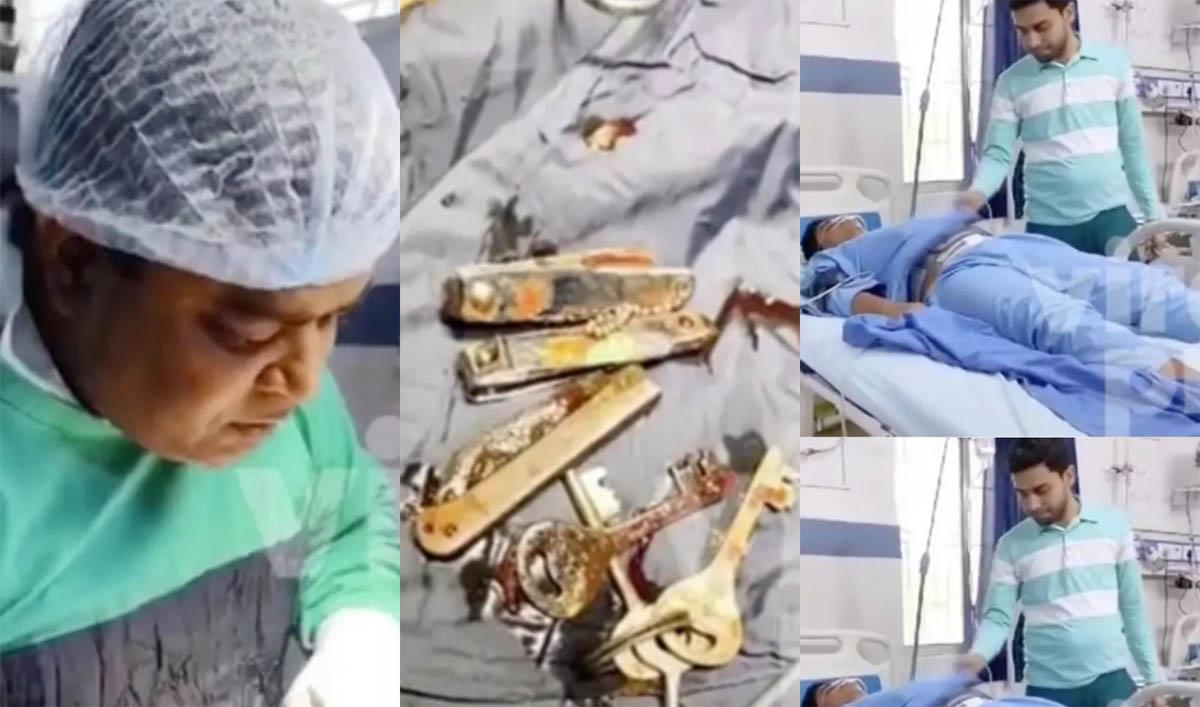
Surgeon contracts cancer after operating on patient
A surgeon accidentally contracted cancer from a patient in a first of its kind occurrence. The patient, a 32-year-old man from Germany, had a unique form of cancer and was undergoing surgery to remove a tumour from his abdomen.
During the operation, the surgeon accidentally cut his hand. Although he cleaned and bandaged the wound right away, five months later, a small lump appeared at the injury site. When examined, it was found to be a malignant tumour, genetically identical to the cancer from the patient.
The medical team concluded that the surgeon likely caught the cancer when tumour cells entered the cut. The case was unusual because normally, the body fights off foreign tissue, which would have been expected in this situation. However, the tumour’s growth indicated the surgeon’s immune system did not effectively respond to the cancer cells.
Originally reported in 1996, this case gained new attention after being published in The New England Journal of Medicine. The report detailed how the surgeon injured his left hand while placing a drain during surgery. Despite the patient’s initial success in surgery, he later passed away due to complications.
Months later, a hard swelling appeared on the surgeon’s finger. Although tests showed no initial abnormalities, the growth was ultimately found to be a malignant fibrous histiocytoma.
READ ALSO:
- Meta deletes AI accounts after backlash over posts
- As Tinubu visits Enugu, Ohanaeze calls for rousing welcome
- Nasarawa Gov Sule sacks commissioners, SSG, others
Both tumours were analysed and declared identical, suggesting that cancer cells from the patient had entered the surgeon’s body through the cut. The report emphasized that normally, the immune system would reject transplanted tissue.
In this case, while there was inflammation around the tumour, it still increased in size, indicating a failure of the immune response. Researchers proposed that the tumour might have escaped destruction by changing its cell molecules and evading the surgeon’s immune system.
Two years after the surgeon had his tumour removed, there were no signs of cancer returning. The study also highlighted cases where heart transplant patients adopt traits from their donors.
Doctors found the case intriguing because the transplanted tissue is different from the host’s tissue, making it a target for the immune system, which tries to reject it. This is why people who receive organ transplants need to take immunosuppressive medications to prevent their bodies from rejecting the new organ.
In this specific situation, although the surgeon experienced inflammation around his original incision, his immune system did not stop the tumor from growing. Instances like the surgeon’s are very rare, and there are no reliable statistics on cancer that is transferred through organ transplants.
Health
US issues new advisory linking alcohol to cancer
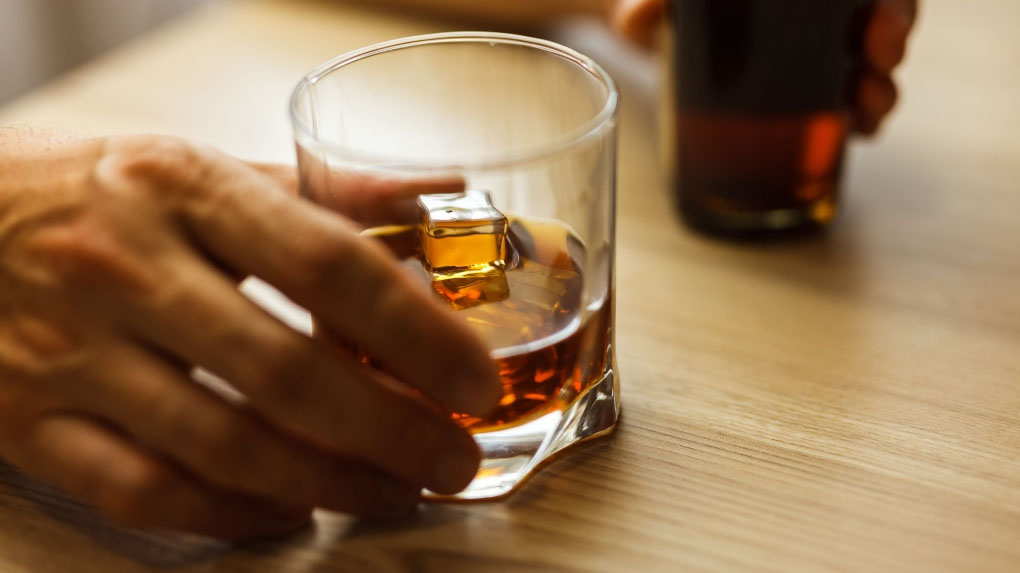
US issues new advisory linking alcohol to cancer
The United States’ Surgeon General, Dr. Vivek Murthy, has issued a public advisory emphasizing the significant link between alcohol consumption and cancer.
Released Friday, the guidance is based on research identifying alcohol as a contributor to at least seven types of cancer.
According to the advisory, alcohol increases the likelihood of developing cancers of the throat, liver, esophagus, mouth, larynx, colon, and rectum. It further identifies alcohol as the third leading preventable cause of cancer in the U.S., following tobacco use and obesity.
“Alcohol is a well-established, preventable cause of cancer responsible for about 100,000 cases of cancer and 20,000 cancer deaths annually in the United States – greater than the 13,500 alcohol-associated traffic crash fatalities per year in the U.S. – yet the majority of Americans are unaware of this risk,” Dr. Murthy stated. “This Advisory lays out steps we can all take to increase awareness of alcohol’s cancer risk and minimize harm.”
How Alcohol Contributes to Cancer
The advisory outlines four primary mechanisms by which alcohol increases cancer risk:
Acetaldehyde Exposure: Alcohol breaks down into acetaldehyde, a chemical that can damage DNA and elevate cancer risk.
Oxidative Stress: Alcohol triggers oxidative stress, harming DNA, proteins, and cells while causing inflammation.
Hormonal Changes: Alcohol alters hormone levels, such as estrogen, which has been linked to an increased risk of breast cancer.
READ ALSO:
- Edo LG chairman, 8 councillors, defect to APC
- Ghana President Akufo-Addo’s address disrupted as ADC collapses (Video)
- Vegas Tesla blast suspect shot himself in head – Officials
The advisory notes that more than 16% of breast cancer cases are associated with alcohol use.
Enhanced Absorption: Alcohol facilitates conditions that allow it to be absorbed more readily, compounding its risks.
The advisory also emphasizes that individual risk is influenced by a combination of biological, environmental, social, and economic factors.
Steps to Mitigate Risk
Dr. Murthy’s recommendations include adding warning labels to alcoholic beverages highlighting the cancer risk and reassessing guidelines on alcohol consumption limits. He encourages individuals to make informed decisions about their alcohol intake and calls on healthcare professionals to educate the public about the risks.
“Too many Americans are living with an outdated assumption that some amount of alcohol is not only harmless, but also good for you,” the advisory warns.
Expert Reactions
Dr. Marc Siegel, a clinical professor at NYU Langone Health, supported the advisory’s findings. “Increasing evidence shows that [alcohol being harmless] isn’t true,” he told Fox News Digital.
Dr. Siegel noted that alcohol, often viewed as a stress-reliever, is a “proven toxin” with clear links to diseases of the liver, heart, and brain. While traditional guidelines suggest moderate drinking—up to one drink daily for women and two for men—Siegel pointed out, “In fact, no amount of alcohol is healthy.”
The pandemic further complicated the issue, with alcohol consumption rising by 25% during periods of heightened stress and isolation.
“The timing of this advisory is right on the mark,” Dr. Siegel added, stressing the need for a public shift in understanding alcohol’s risks.
US issues new advisory linking alcohol to cancer
(FOX NEWS)
Health
NAFDAC destroys N120bn ‘merchants of death’ fake products

NAFDAC destroys N120bn ‘merchants of death’ fake products
The National Agency for Food and Drug Administration and Control (NAFDAC) announced that it destroyed over ₦120bn worth of seized products between July and December 2024 across the six geopolitical zones and the Federal Capital Territory.
NAFDAC also reassured Nigerians that measures are in place to safeguard their health before, during, and after the yuletide season.
This was disclosed in the Christmas message from NAFDAC’s Director-General, Prof. Mojisola Adeyeye, as contained in a statement signed by the agency’s Resident Media Consultant, Sayo Akintola, on Sunday.
Adeyeye emphasised the importance of eating safely during the Yuletide period and advised Nigerians to purchase food and drinks from outlets with identifiable addresses to facilitate the agency’s tracking processes.
She warned against eating pharmaceuticals and packaged food products that do not have NAFDAC registration numbers, noting that exceptionally low-cost products are likely to be contaminated.
READ ALSO:
- Lagos govt nightclubs, worship centres must obtain permit for amplified sound
- Alleged missing N180m: It’s a prank, Singer Dammy Krane says
- Inter Milan crush Cagliari 3-0 to top Serie A
She also revealed that the agency’s Investigation and Enforcement Directorate is continuing to remove substandard and fraudulent pharmaceuticals, as well as unwholesome food items, from marketplaces around the country.
“Officers from the Investigation and Enforcement, Pharmacovigilance, and Post-Marketing Surveillance Directorates are in the field confiscating falsified medicines, fake wines and drinks, and unwholesome food products that could jeopardise public health during the festive season,” she said.
In December 2024, the agency destroyed expired and unregistered drugs worth ₦11bn in Ibadan and seized counterfeit alcoholic beverages and medicines worth billions of naira in Lagos.
In Nasarawa State, the agency uncovered a factory packaging counterfeit rice and confiscated over 1,600 bags worth ₦5bn.
Adeyeye emphasised NAFDAC’s commitment to ensuring that the Nigerian market only contains safe, high-quality food and medicines.
She warned that the agency would step up efforts to put counterfeiters out of business, branding them as “merchants of death.”
NAFDAC destroys N120bn ‘merchants of death’ fake products
-

 metro2 days ago
metro2 days ago‘Deepen Shariah knowledge to curb misinformation’
-

 metro1 day ago
metro1 day agoYouths beat Osun monarch for appointing Imam
-
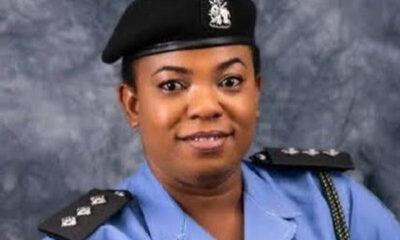
 metro2 days ago
metro2 days agoIlorin: Retired works controller murdered on New Year’s Day
-

 Business15 hours ago
Business15 hours agoPetrol price may crash to N500/litre, say marketers
-

 metro2 days ago
metro2 days agoTinubu’s refusal to honour Seyi’s pact with us disappointing – Nnamdi Kanu’s family
-

 metro2 days ago
metro2 days agoJealous husband stabs Bishop to death over allege affair with wife
-

 Business14 hours ago
Business14 hours agoMeta deletes AI accounts after backlash over posts
-

 metro2 days ago
metro2 days agoMosques should be research centres – Varsity don

